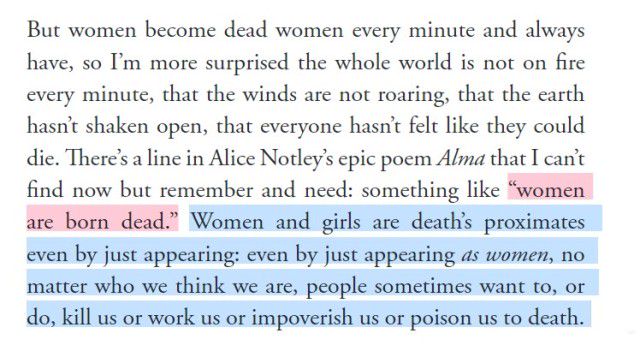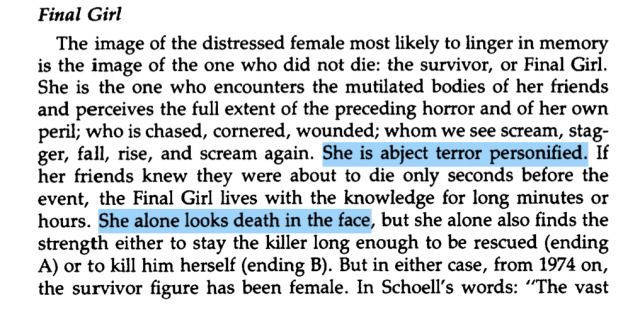final note
This is not the quickest I've written a book.
If you were around during the Mimeomia writing process, you might remember how fast that book went up, and how fast I completed it even though I was much busier then than I am now. However, that was also a different time in my life, in our lives, and in Wattpad's life. The algorithm was different, we had the newsfeed (sob), and it was just a different environment in general.
I'm no stranger to complaining about how lonely things have felt around here, a product of the times and the natural evolution of things, but it doesn't change how hurtful it can be to chase after engagement that doesn't come. It makes you wonder what you're doing wrong, why you can't hit the numbers you want, why the numbers you do have don't feel satisfactory, why the numbers go down from chapter to chapter, why you feel so alone.
With Knee Pads last year, I was comparing finishing it to finishing Smells Like Tone Spirit. Both were started in a different time, for different reasons (KP has always been my attempt at pleasing the algorithm by writing what was popular at the time but giving it my own spin with a sport I'm interested in and making it sapphic), and I feel like a broken record and very ungrateful for complaining, but a girlie is sad. I'm like Tinkerbell.
──────────
With this book, I had to pull a few strings in my brain.
This was originally a completely different book—it used to be the predecessor to Wi-Fire (now Echoes) if you were around for that at the time—but I got into watching horror movies along the way, and got into writing character-focused books as well (see: Gaslighter). The concept of a Final Girl has always interested me, how we reduce women to tropes, how audiences are meant to root for this character who gets put through hell for the sake of enjoyment and entertainment, and how we're supposed to trust the Final Girl. She has to be reliable.
My Dark Vanessa by Kate Elizabeth Russell (is anyone surprised that I'm referencing it here) deals with the idea of not having the so-called 'perfect' victim at the center of the plot. People aren't tropes and, though they might fit one, reducing them to what we expect a victim to be feels very disrespectful and dehumanizing. Trauma doesn't always cause the same reactions and makes different people behave differently, so the Final Girl, as a victim, can never be the same across pieces of media.
I didn't want Wendy to feel like Sidney or Laurie or Sam; I wanted her to feel like her own character, her own person. I wanted her to not always be reliable, to not always do the wrong thing, to be aware of her status as a Final Girl and not always know how to deal with it. She knows what she's supposed to be and how she's supposed to act as a Final Girl, but she also knows that she doesn't fit those expectations to a T.
The Final Girl represents the female character who makes it to the end of the horror movie, who has seen all her friends die, and has to confront the villain. She (usually) lives to tell the story, but it's rarely explored what happens to her after that. The Scream franchise swims around it, with Neve Campbell being reticent to return or simply not coming back for the sequels, but we see the aftermath of what happened—she's isolated, she has a hard time trusting people, she's been hardened. She fights back. She leaves.
Overall, the Final Girl is meant to be the one the audience roots for, and the audience knows who the Final Girl is from the start. She's smart, witty, and virginal. She's meant to be pure, untainted, untouched by sin, and it's only when she sleeps with someone that she truly puts her life on the line. Everyone else is making mistakes—the best friend is seen as promiscuous, echoing the Madonna-whore complex, and that somehow damns her—but the Final Girl is expected to always know what to do, to always be on the lookout for threats, and she's the one we know will make it to the end (or to the sequel).
We have Wendy knowing very well what a Final Girl is, and what the consequences are. She subverts the trope, both willingly and unwillingly, and spends the entire book grappling with it. She clings to it for validation, but doesn't want to fully associate herself to it because of everything it implies. The constant back and forth isn't meant to be fully solved at the end of the book, because it's now a core portion of her identity, but it's also not the entirety of it. Wendy is a person first and foremost, and the Final Girl status shouldn't—and doesn't—invalidate everything else, even if it does make her perceive and interact with the world differently.
Though I won't dwell too much on the Final Girl trope, even though this book is all about that and the subversion or invocation of tropes, I do have a book recommendation if you want to read more on it. It's a book I personally bought for the sake of writing Wendy (so you can't say I'm not dedicated to the craft): Men, Women, and Chain Saws: Gender in the Modern Horror Film by Carol J. Clover. If you're into psychoanalysis as well, it's a great read (and it's not too expensive on Amazon. Hint hint. Give us back Book Depository).

The Dead Woman, Anne Boyer

Men, Women, and Chain Saws: Gender in the Modern Horror Film, Carol J Clover
──────────
To Steph smidorii, the love of my life, my beautiful, talented, wonderful wife. Everything I do is for you.
To Marta lumosey, my sweet friend. Your comments have brought me so much joy.
To my friends over at Writers ConnX writersconnx for the persistent, lingering, continuous support during the past year. This book would have never been finished if it hadn't been for you guys, and I owe you the entirety of these almost 100k words.
To you, dear reader, for sticking with me until the end. May you, too, find your final room.
See you on the other side.
Cate

Bạn đang đọc truyện trên: AzTruyen.Top